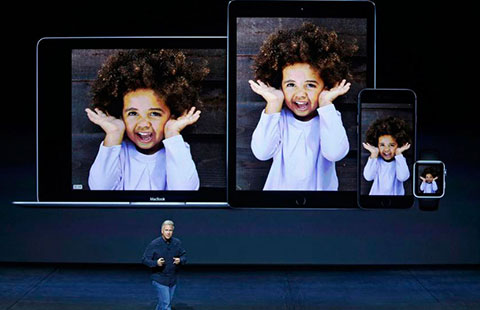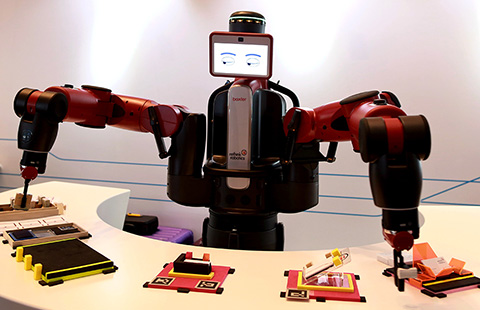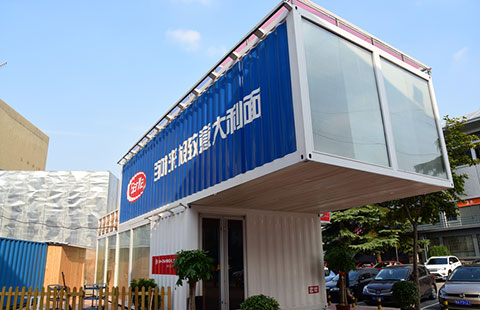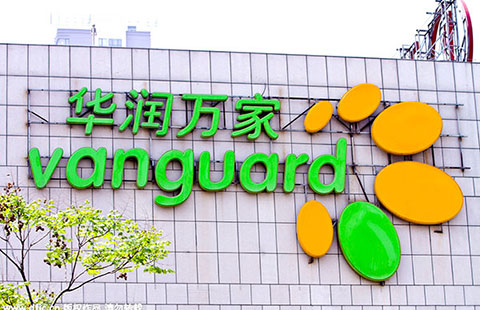Lenovo gets ready to steal Apple's thunder
By Gao Yuan (China Daily) Updated: 2015-09-10 08:08Chen Xudong, Lenovo's senior president and head of its mobile business, said the Moto 360 will cost a fraction of the price of the Apple Watch.
Antonio Wang, an analyst at research firm International Data Corp, said although the loss-making Motorola has hurt Lenovo's profitability in the past quarter-and is likely to continue that in the next one or two quarters-Motorola has given the Chinese firm its best chance of entering the high-end market.
"Lenovo will pick up strength after Motorola fully integrates its system, and new products start to roll into China and major overseas markets," said Wang.
Anshul Gupta, research director at Gartner Inc, said the appeal of premium smartphones will be key for vendors to attract buyers and grow their market shares in China.
Apple remains the biggest obstacle for local manufacturers to achieve that goal, however.
Yang also took time to praise Huawei Technologies Co Ltd, the networking and telecommunications equipment and services company, on its most-recent product designs, adding it was one of the few vendors that had focused on product, without relying on marketing stunts.
Although the two local giants battle each other in the market, Huawei and Lenovo both view Apple as their main rival.
The Guangdong-based Huawei has just attempted to hit Apple hard before its new iPhones become available, by also launching its latest flagship, the Mate S, locally. The 4,199 yuan ($658) pamphlet directly targets iPhone users.
Xiaomi Corp, meanwhile, and six-month-old Qiku Network Technologies (Shenzhen) Co Ltd, have also unveiled new products in recent weeks, in an attempt to take a bite out of Apple's marketing momentum.
- Didi Kuaidi raises $3b in funding
- Lenovo gets ready to steal Apple's thunder
- China shaping up as 'even stronger powerhouse'
- Bigger iPad announced at Apple 'monster' event
- Tencent takes over top slot in Asia
- GDP will now rely on single-quarter data
- Apple unveils new iPhone 6S, Apple TV and iPad Pro
- Li sees stable, healthy financial market ahead

















